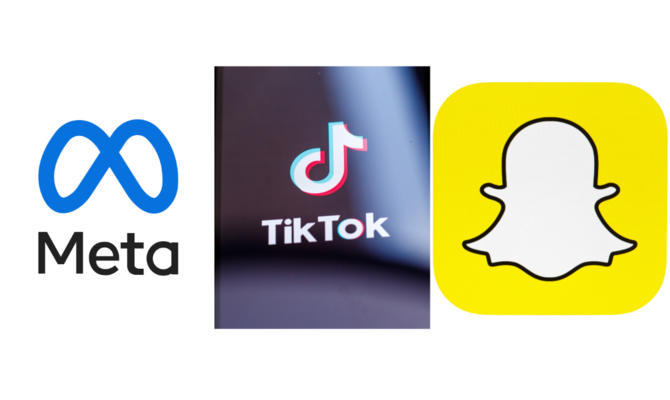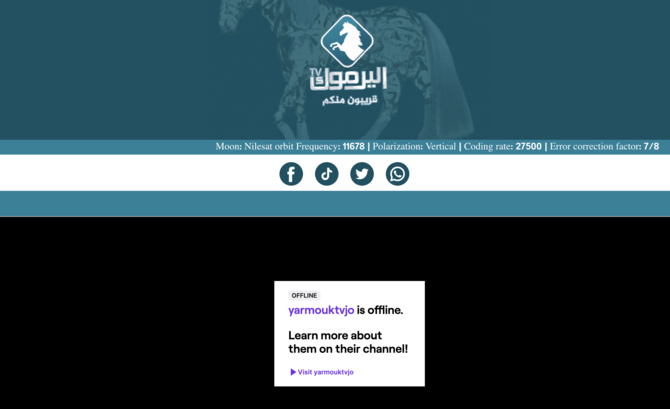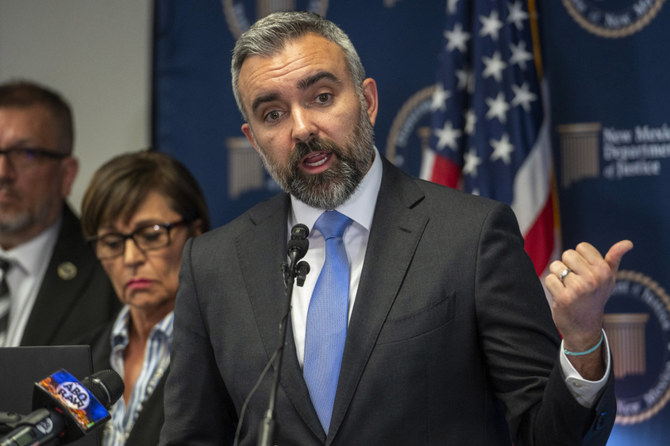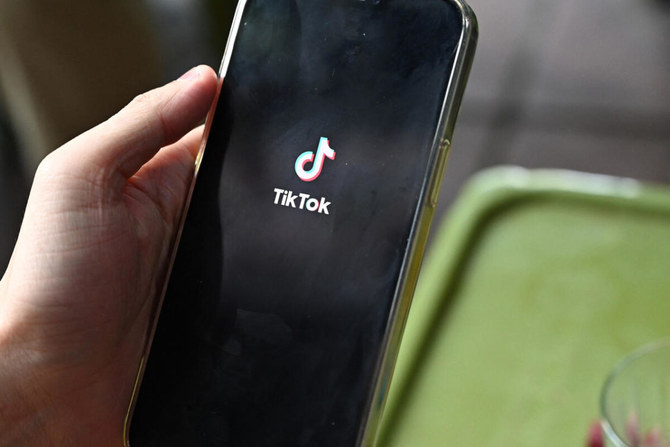TORONTO: Four of the largest school boards in the Canadian province of Ontario said Thursday they launched lawsuits against TikTok, Meta and SnapChat alleging the social media platforms are disrupting student learning.
The lawsuits claim platforms like Facebook and Instagram are “designed for compulsive use, have rewired the way children think, behave, and learn” and teachers have been left to manage the fallout.
Meta Platforms Inc. owns Facebook and Instagram, while Snap Inc. owns SnapChat and ByteDance Ltd. owns TikTok.
Rachel Chernos, a trustee for the Toronto District School Board, said teachers and parents are noticing social withdrawal, anxiety, attention problems, cyberbullying and mental health issues.
“These companies have knowingly created programs that are addictive that are aimed and marketed at young people and it is causing significant harm and we just can’t stand by any longer and not speak up about it,” Chernos said.
Dozens of US states, including California and New York, are also suing Meta Platforms Inc. for harming young people and contributing to a youth mental health crisis by knowingly and deliberately designing features on Instagram and Facebook that addict children to its platforms.
The school boards in Canada suing are the Toronto District School Board, the Peel District School Board, the Toronto Catholic District School Board and the Ottawa-Carleton District School Board.
They are seeking damages in excess of $4 billion Canadian ($2.9 billion) for disruption to student learning and the education system.
A spokeswoman for Snap Inc., Tonya Johnson, said Snapchat helps its users stay connected with their friends.
“Snapchat opens directly to a camera — rather than a feed of content — and has no traditional public likes or comments,” she said. “While we will always have more work to do, we feel good about the role Snapchat plays in helping close friends feel connected, happy and prepared as they face the many challenges of adolescence.”
Representatives of Meta and ByteDance didn’t immediately respond to messages seeking comment.
Duncan Embury, a lawyer for the firm representing the boards, said there is a real addiction issue with the designed algorithms.
Embury said proper warnings are needed, age parameters need to change and there needs to be an increase in the level of resources school boards get to adapt to the new reality. He said the companies have knowingly and negligently designed their products to maximize the amount of time young people spend on their platforms at the expense of their well-being and education.
“There is an inability for students to focus,” he said.
The use of social media among teens is nearly universal in the US and many other parts of the world. Almost all teens ages 13 to 17 in the US report using a social media platform, with about a third saying they use social media “almost constantly,” according to the Pew Research Center.
In May, US Surgeon General Dr. Vivek Murthy called on tech companies, parents and caregivers to take “immediate action to protect kids now” from the harms of social media.
This week, Republican Florida Gov. Ron DeSantis signed a bill that will ban social media accounts for children under 14 and require parental permission for 14- and 15-year-olds. It takes effect Jan. 1 and is expected to face legal challenges.
No money will be paid to the attorneys handling the Canadian lawsuits unless they win.

























